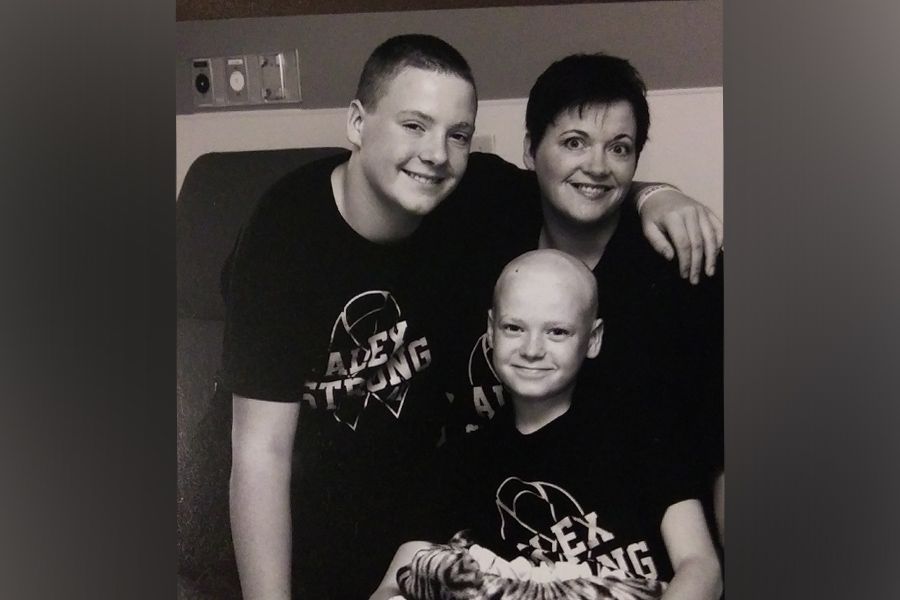Radioactive iodine therapy is a treatment that delivers radiation directly to the thyroid gland to destroy the diseased tissue with little or no harm to other healthy areas. Because your thyroid gland absorbs nearly all the iodine in your body, by using a radioactive form of iodine, (called a radiopharmaceutical), radiation can target just the thyroid. If you are being treated for papillary or follicular thyroid cancer, you may receive radioactive iodine after surgery. This is used for two purposes:
- To prepare for a special scan that can show whether cancerous cells remain in your body after surgery
- To destroy those cells if they are present
How radioactive iodine therapy works
You will receive a single pill of I-123 or I-131 radioactive iodine, which will be distributed throughout your body over a period of one to four days and collect in cancerous thyroid cells. Then doctors will use a special camera to take a scan of your body, and the image will show areas where cancerous cells may still be present. Over the next weeks to months, this treatment will continue to kill cancerous cells. Information from the scan will also determine whether or not you need additional treatment.
If you do need additional treatment, you will receive a second, higher dose of radioactive iodine, I-131, either the same day as the scan or at some point during that week. This is intended to remove any thyroid tissue that may remain in your neck after surgery — a procedure called post-surgical remnant ablation — and kill any leftover thyroid cancer cells, both in the area where the thyroid used to be and in other areas.
Questions about safety?
Concerned about the safety of radioactive medication? It’s important to remember that this treatment has been used safely since the 1950s. The radioactive medicine is absorbed mostly by the cancerous thyroid cells that need to be killed. This treatment is an effective way to clean up any cancerous cells that are left behind after surgery.
The success of radioactive iodine therapy for thyroid cancer has led to novel approaches to treating other types of cancer, such as prostate cancer and adrenal and neuroendocrine tumors. This area of medicine, called theranostics, is a growing field and Roswell Park is building a new Theranostics Center to increase our ability to care for more patients who need these treatments.
